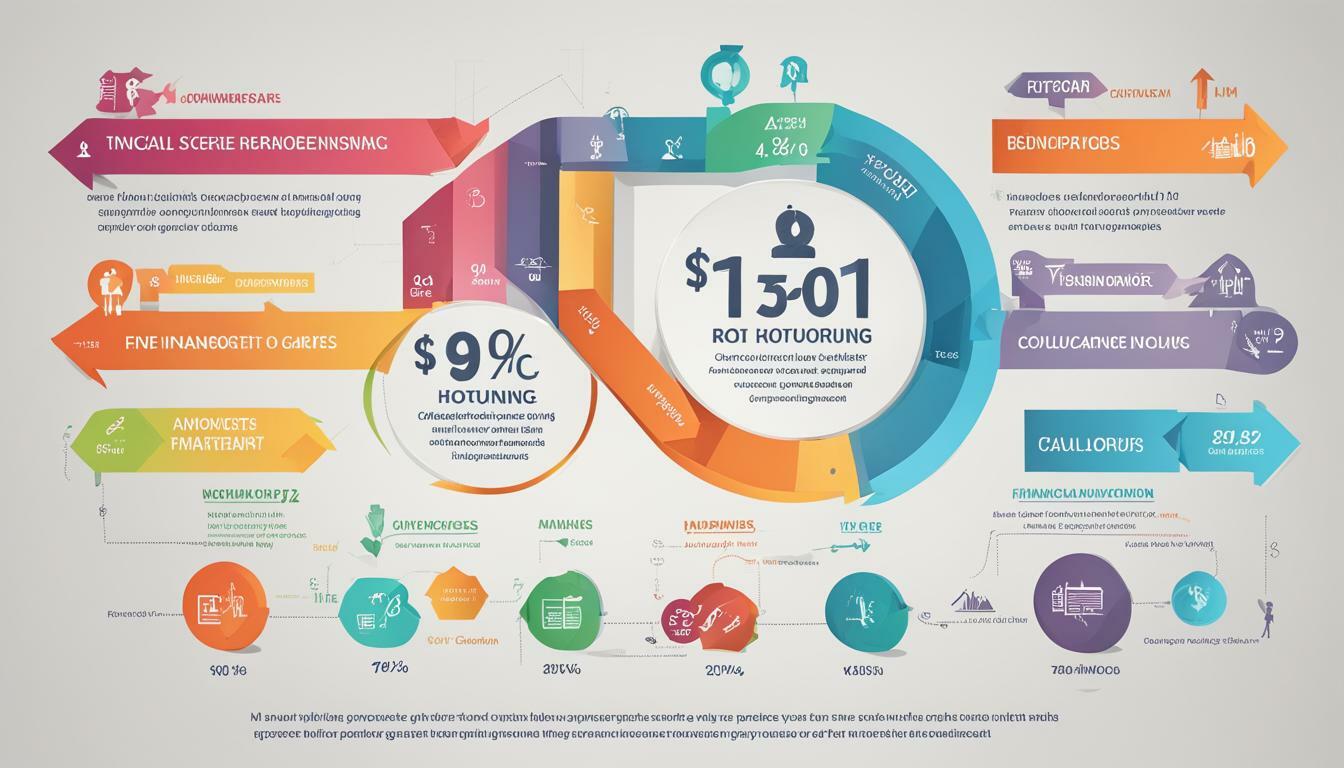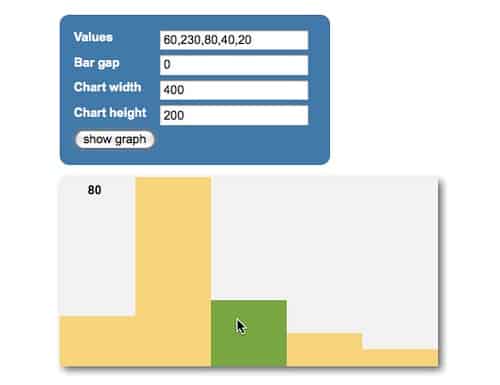Understanding the Cost of Outsourcing HR – An Essential Guide

Hello! Have you considered delegating your human resources duties to an external organization? Grasping the financial elements related to this decision is crucial. Of course, there are several benefits such as increased productivity and minimized legal hazards, but it’s important to balance these upsides with possible costs. Let’s delve deeper into the price details and related expenses when it comes to HR outsourcing.
When it comes to HR outsourcing, businesses can expect to encounter several different types of costs. These can include setup fees, ongoing service fees, and additional charges for customization or specific services.
Let’s explore the factors that can impact outsourcing costs and the pricing models used by HR outsourcing companies. We’ll also discuss hidden costs to be aware of and strategies for optimizing your HR outsourcing investment.
Key Takeaways:
- Outsourcing HR can bring many benefits, but it’s important to consider the associated costs.
- Costs can vary depending on factors like company size, the complexity of HR functions being outsourced, and the length of the outsourcing agreement.
- HR outsourcing companies typically offer pricing models such as per-employee pricing, project-based pricing, and retainer-based pricing.
Factors Affecting HR Outsourcing Costs
When it comes to outsourcing HR, cost is naturally a significant factor to consider. However, several factors can influence the overall cost of outsourcing human resources services. Below are the key factors that can impact HR outsourcing costs and benefits.
Size of the Company
The size of a company is one of the factors that affect HR outsourcing costs. Generally, larger companies will have more complex HR needs that require more extensive outsourcing services. As a result, larger companies may have higher outsourcing costs compared to smaller businesses.
Complexity of HR Functions Outsourced
The complexity of HR functions that need outsourcing also impacts the cost of the service. If a company needs to outsource more advanced or specialized HR services, such as legal compliance or employee training, the cost of HR outsourcing may be higher.
Level of Customization Required
The level of customization required for HR outsourcing services can also impact the overall cost. If a company needs more tailored services that deviate from standard offerings, the cost may be higher due to the additional time and resources required to accommodate those requests.
Duration of the Outsourcing Agreement
The duration of the outsourcing agreement is another critical factor to consider. Typically, longer outsourcing agreements offer lower costs, as it allows the outsourcing company to plan and allocate resources efficiently while also offering better predictability and stability to the client.
Overall, outsourcing HR offers several advantages, including cost savings, improved HR expertise, and reduced legal risks. By considering the above factors, businesses can choose an HR outsourcing solution that meets their specific needs while also maximizing the benefits.

Pricing Models for HR Outsourcing Services
HR outsourcing pricing can vary depending on the pricing model used by the HR outsourcing companies. It is essential to understand the different pricing models to determine which one best suits your business needs and budget. Some common HR outsourcing pricing models are:
| Model | Description |
|---|---|
| Per-employee pricing | Charges a fixed fee per employee per month or year, regardless of the services provided. |
| Project-based pricing | Charges a fixed fee for a specific project or set of services, which may or may not involve all employees. |
| Retainer-based pricing | Charges a fixed fee for a predetermined set of services over a specific period, typically months or years. |
Each pricing model has its advantages and disadvantages, and selecting the appropriate model depends on your organization’s unique needs and budget.
Per-employee pricing is typically more cost-effective for smaller businesses, while project-based pricing may be more suitable for specific projects or companies with unique HR needs. Retainer-based pricing provides flexibility and consistency of service, making it ideal for long-term outsourcing relationships.
It is essential to choose an HR outsourcing pricing model that aligns with your business’s goals and budget constraints while delivering the necessary HR outsourcing services.

Hidden Costs of HR Outsourcing
When considering HR outsourcing, businesses must account for potential hidden costs that can affect the overall budget. These costs can impact the expected ROI and may lead to unexpected expenses if not identified and addressed early on.
One of the key hidden costs of HR outsourcing is implementation costs. This includes the time and resources needed to transition HR functions to the outsourcing provider. Depending on the complexity of the HR functions being outsourced, implementation costs can vary significantly and must be factored into the total cost of outsourcing.
Another potential hidden cost is training. If the outsourcing provider uses a different system or software than the business, employees may need to undergo training to use the new system. This can lead to additional expenses that were not initially considered when making the decision to outsource HR functions.
Lastly, some outsourcing providers may charge additional fees for specific services or customization. It’s important to clarify with the provider which services are included in the pricing model and what additional fees may be incurred.
By conducting a thorough cost analysis, businesses can identify and account for these hidden costs. By doing so, they can make an informed decision about whether outsourcing HR functions is a viable solution, and avoid any unexpected bills in the process. Accounting for all the possible HR outsourcing costs can allow them to take full advantage of the benefits, such as cost savings, streamlined processes, and enhanced HR expertise that outsourcing can bring.

Strategies to Optimize HR Outsourcing Costs
When it comes to outsourcing HR, cost is a significant factor in the decision-making process. However, it is essential to evaluate the overall value and benefits that come with outsourcing. Here are some strategies to optimize HR outsourcing costs:
- Evaluate different providers: Take the time to research and compare different HR outsourcing companies to find the one that best fits your needs and budget.
- Negotiate contracts: Don’t be afraid to negotiate the terms and pricing of your outsourcing agreement. Be clear about your expectations and requirements, and aim for a mutually beneficial agreement.
- Leverage technology: Utilize technology to streamline HR processes, automate administrative tasks, and improve communication between your company and the outsourcing provider.
- Implement effective communication channels: Establish clear communication channels with your outsourcing provider to ensure smooth collaboration and minimize costly misunderstandings.
By implementing these strategies, businesses can optimize their HR outsourcing costs and maximize the benefits of outsourcing.

What Role Does a Reliability Engineer Play in Outsourcing HR?
Outsourcing HR functions is an increasingly common practice for businesses. In this scenario, the essential roles of a reliability engineer become paramount. Their primary responsibility is to ensure the smooth integration of outsourced HR processes into the company’s existing system. By assessing and mitigating risks, managing data reliability, and optimizing process efficiency, a reliability engineer plays a crucial role in ensuring a successful outsourcing transition for HR operations.
Calculating the ROI of HR Outsourcing
Now that we have discussed the various costs associated with HR outsourcing, it’s essential to understand how to determine the return on investment (ROI) of this investment. Calculating the ROI allows you to quantify the benefits of outsourcing HR against the costs and make informed decisions about your business’s future.
When calculating the ROI of HR outsourcing, you’ll need to consider both the costs and benefits. The costs include the fees associated with the outsourcing service, such as setup and maintenance costs. On the other hand, the benefits include cost savings, increased efficiency, and improved HR expertise.
For example, outsourcing HR services to a third-party provider can significantly reduce costs compared to hiring and training in-house HR staff. Additionally, outsourcing can improve HR efficiency since third-party providers are specialized and have refined processes. This results in faster responses and better outcomes for HR functions, which can ultimately lead to higher staff productivity.
Moreover, outsourcing HR can reduce legal risks and ensure greater compliance with legal regulations. This can prevent costly legal battles and potential fines for HR violations.
As you can see, outsourcing HR can provide significant benefits to your business. Calculating the ROI of outsourcing can help you understand the long-term impact of this investment on your business and identify areas where you can improve or optimize the outsourcing agreement to maximize its value.

Ultimately, the decision to outsource HR should be based on a thorough cost-benefit analysis. By understanding the costs and benefits of outsourcing HR, you can make informed decisions that will positively impact your business in the long run.
Conclusion
As I wrap up this guide, it’s important to remember that understanding the cost of outsourcing HR is crucial to making informed decisions about your organization’s HR needs. While cost is a significant factor, it’s essential to evaluate the overall value and long-term impact that HR outsourcing can have on your business.
As we discussed, factors such as company size, HR function complexity, level of customization, and duration of the outsourcing agreement can all impact HR outsourcing costs. However, the benefits of outsourcing HR, such as improved efficiency, reduced legal risks, and enhanced HR expertise, can outweigh the costs.
By implementing strategies like evaluating providers, negotiating contracts, leveraging technology, and establishing effective communication channels, businesses can optimize their HR outsourcing costs. Additionally, calculating the return on investment (ROI) for HR outsourcing can provide valuable insights into the impact of this investment on your organization.
I hope this guide has been helpful in providing insights into the cost of outsourcing HR, its benefits, and potential hidden costs. Remember to conduct a thorough cost analysis and consider the overall value and long-term impact of outsourcing HR on your organization to make informed decisions.
FAQ
Q: What is HR outsourcing?
A: HR outsourcing refers to the practice of hiring an external company or provider to handle various HR functions and responsibilities on behalf of a business. This can include tasks such as payroll management, employee benefits administration, recruitment and onboarding, training and development, and compliance with employment laws and regulations.
Q: Why do businesses consider outsourcing HR?
A: Businesses consider outsourcing HR to streamline their operations, reduce administrative burdens, and access specialized HR expertise. It allows companies to focus on their core competencies while leaving HR functions in the hands of professionals who can ensure compliance and efficiency.
Q: What factors can affect the cost of HR outsourcing?
A: The cost of HR outsourcing can be influenced by various factors. These can include the size of the company, the complexity of the HR functions being outsourced, the level of customization required, and the duration of the outsourcing agreement. Each business’s unique needs and requirements will impact the overall cost.
Q: What are the common pricing models for HR outsourcing services?
A: HR outsourcing companies typically offer different pricing models to suit varying business needs. Common options include per-employee pricing, where the cost is based on the number of employees in the company, project-based pricing, where the cost is determined by the scope of the project, and retainer-based pricing, where a fixed fee is paid for ongoing HR support.
Q: Are there any hidden costs associated with HR outsourcing?
A: Yes, there can be hidden costs associated with HR outsourcing that businesses should be aware of. These may include implementation costs, training costs, and additional fees for specific services or customization. It’s important for businesses to conduct a thorough cost analysis to identify and account for these potential hidden costs.
Q: How can businesses optimize their HR outsourcing costs?
A: Businesses can optimize their HR outsourcing costs by implementing strategies such as evaluating different providers, negotiating contracts to get the best value, leveraging technology to improve efficiency, and establishing effective communication channels with the outsourcing partner. Taking a proactive approach and regularly reviewing the outsourcing arrangement can help ensure maximum value for the investment.
Q: How can the return on investment (ROI) of HR outsourcing be calculated?
A: The ROI of HR outsourcing can be calculated by considering factors such as cost savings, improved efficiency, reduced legal risks, and enhanced HR expertise. By quantifying the benefits and comparing them to the costs incurred, businesses can determine the ROI of their HR outsourcing investment. Examples and case studies can help illustrate this calculation process.






